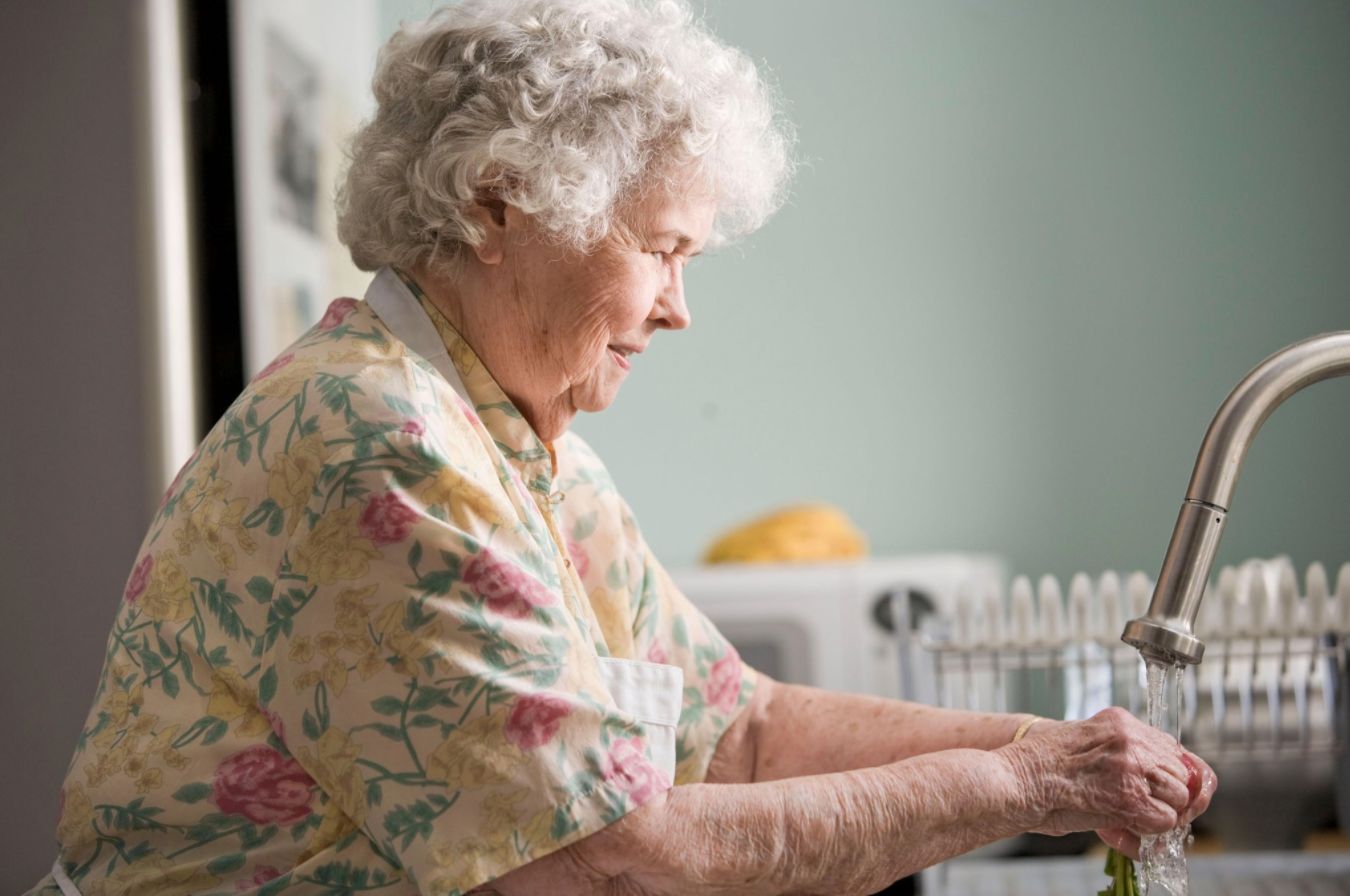It can’t be understated how helpful it is to have at-home carers working with you to achieve all of your health and wellness directives, especially when you or your loved ones are elderly and may be considering over 55 living options. Traditional residential care options may not be for everyone, though, which is where at-home carers can be a veritable godsend.
At-home carers can stay at your home for a short or long amount of time, following surgery or a health event, or just for some extra support. Whilst these workers are very experienced and equipped working onsite, it can feel daunting for individuals receiving care to welcome these care professionals into their homes. After all, your at-home carers should ideally be around for some time to come to help you or your loved ones best manage your changing care needs, so the beginning of this relationship can often feel akin to welcoming a new resident into your personal home space.
You’ll be happy to hear, however, that there are some small steps you can take to ensure that your first meetings with your at-home carer go as smoothly as possible. Here are some ways you can prepare for and accommodate at-home carers.
Understand what is going to happen
Although this may seem like an overly simple suggestion, knowing just what to prepare for can make a world of difference and alleviate a fair amount of your personal stress or apprehension. It’s important that you speak with your care provider to understand exactly what will unfold during an at-home consultation or during your first meetings with at-home carers.
The duration of appointments, involved duties, required documents, and all those finer details will allow you to better anticipate your needs or those of your loved one. It will also give you a guide as to whether you need to be present to oversee care or not. Be sure to also consider briefing your loved one on what’s going to take place if they’ll be the ones receiving care, just to alleviate any concerns that they may have too.
Ready the home
Spending too much time getting the home ready and taking away from the care of your loved one may seem redundant, but you want the at-home carer to be able to move through the home freely and without having to be mindful of clutter. You also want to have things out and in clear view that they are likely to use, to save your carer from having to go hunting for these essentials. For example, you should think about bringing medicine out of the cupboard and into a clear container so that it is easily accessible, and ensure that they’re aware of where you keep blankets and other bedding that is likely to be used.
It may also be a good idea to remove things like rugs and anything that could create home hazards for a new visitor, especially if they are tasked with caring for your loved one. If in doubt, imagine what a day would entail for your carer and try to make enhancements around the home to prepare for that.
Prepare a list of contacts
Who will need to be notified if a situation progresses or your carer needs to take your elderly loved one to a specialist? Take the time to create an emergency care contact list where you can delineate who can be called for what occurrence to remove any guesswork for your carer. This list should also include your GP and any other relevant health professional, which will give you total peace of mind that every concern is going to be directed to the right person.
Many at-home carers also have some training in mental health, so be sure to communicate to them that you or a family member can be called if your loved one seems low during their care period, or if they feel that it may be beneficial for your loved one to speak to a mental health professional.
Work out the logistics
Will you be there to greet the carer or are they to let themselves in when they arrive? Is there any paperwork that needs to be signed or approved prior to the commencement of at-home care? It is also great to know if there will be any items or equipment that the carer is assuming is available, like hot water, medication, warm homewear, and anything else that either your loved one or their carer may need. Some at-home carers will work overnight or you might have your carer staying until late, so be sure to take time to understand what the hours are and what the plan is for their own comfort when they may be staying after hours.
Access is another issue to raise with your at-home carers, as they will need to know how to get to and from the home in traffic, whether there is street parking available, and any relevant codes or entry notes with regards to physically entering the property. Will your loved one see the same carer the next day, or will there be a new one? Try to work out these details prior to your carer or carers arriving.
Prepare for the exit
It’s just as important to have a plan in place at the conclusion of the care as it is prior to the care. Is it anticipated that your family member will be back to caring for themselves after the stay, or is this being monitored as an ongoing healing process? Get clear on the desired outcome and what the chain of events will be so that everyone knows their role and comes out the other side stronger. If you know that your family member will be receiving care for just a limited timeframe, be sure to schedule some celebration when they come to the end, and maybe even invite your carer along!
Having access to at-home care is such a privilege and it can be a superb experience for both carers and individuals receiving care alike. By preparing for this accommodation you can ensure that all considerations are explored and optimized. Be sure to check back in with your loved one periodically so you know they are on the right path with regards to fulfilling their healthcare needs, and that their own personal experiences with at-home care stay warm and positive.








Leave a Reply
You must be logged in to post a comment.